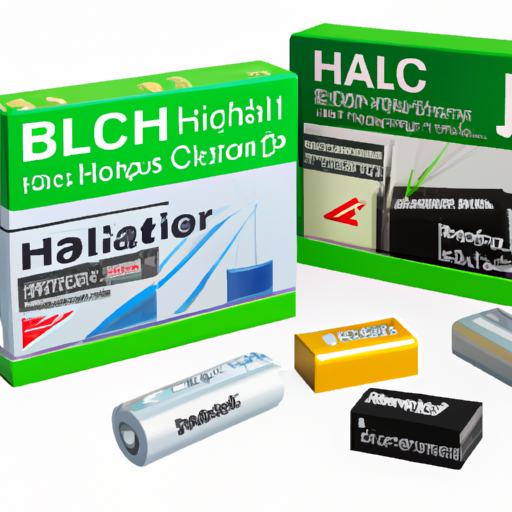Overview of Non-Rechargeable (Primary) Batteries
Non-rechargeable batteries, also known as primary batteries, are designed for single-use applications. They convert chemical energy into electrical energy through electrochemical reactions and are widely used in various consumer electronics, medical devices, and industrial applications. The LC-R0612P is a specific model of non-rechargeable battery that exemplifies the core technologies and applications of primary batteries.
Core Functional Technologies
| 1. Chemistry Types | |
| 2. Energy Density | |
| 3. Shelf Life | |
| 4. Temperature Range | |
| 5. Safety Features | |
| 1. Consumer Electronics | |
| 2. Medical Devices | |
| 3. Industrial Applications | |
| 4. Automotive Applications | |
| 5. Emergency and Safety Equipment |
Application Development Cases
Conclusion
Non-rechargeable (primary) batteries, such as the LC-R0612P, play a crucial role in powering a wide range of applications across various industries. Their core technologies, including energy density, shelf life, and safety features, make them ideal for consumer electronics, medical devices, industrial applications, and more. As technology continues to evolve, the development of new chemistries and designs will further enhance the performance and applicability of non-rechargeable batteries, ensuring they remain a vital component in modern technology.













